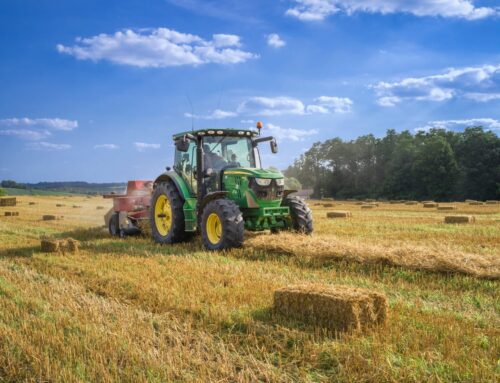The Government Accountability Office (GAO) today released a report detailing the potential to save more than a billion dollars a year from the federal crop insurance program.
All 68 pages of the report Crop Insurance: Savings Would Result from Program Changed and Greater Use of Data Mining are a great read. But a few key pieces jump out at us.
- Unlike other entitlements Washington showers on agriculture, crop insurance subsidies are handed out regardless of one’s income and there is no limit on the total one can receive
- Simply applying the $40,000 payment limit that exists for direct payments would have saved more than $1 billion in 2011
- Such a limit would have only affected less than 4% of producers
- In 2011 fifty-three producers received more than $500,000 from Washington, with one even pocketing $2.2 million
Congress should save taxpayers billions by reducing federal insurance premium subsidies. Taxpayer subsidized crop insurance is the most expensive Federal entitlement for agriculture, costing more than $11 billion in 2011. The program is rife with subsidies: taxpayers subsidize farmers’ crop insurance premiums (62% on average), reimburse insurance companies for their costs of delivering the policies, and bear the bulk of the risk for catastrophic losses (when losses exceed premiums paid).
But even such a modest common sense way to cut spending–stop subsidizing everyone regardless of need–runs into a brick wall with the agriculture committees and farm interest groups. A New York Times article today quotes Steve Wellman, president of the American Soybean Association, ''We think it works just fine. We are certainly willing to do our fair share to help reduce spending, and we are doing that in other areas, like eliminating direct payments.”
Hogwash! Of course they think it works fine. Who wouldn’t want a sweet income guarantee, especially in this economy? See our primer on Crop Insurance: A Federal Cash Assurance Plan . And eliminating direct payments is not much of a sacrifice. These too go to land owners regardless of need, whether they even try to grow a crop, or if they are even involved in farming. We wrote about efforts to finally end these egregious, unjustified handouts in a recent Weekly Wastebasket: Don’t Fear the REAPer .
Agriculture needs to pull its weight in helping taxpayers tackle our nation’s $15 trillion debt. Placing basic limits on the amount of subsidies they can receive from Washington, is a common sense step. This GAO report reinforces the significant savings and special interest obstacles that stand in the way.











Get Social